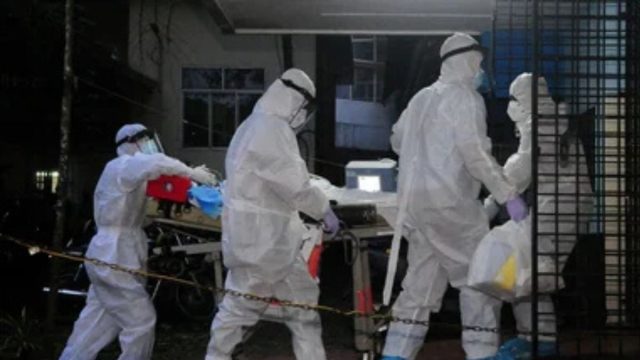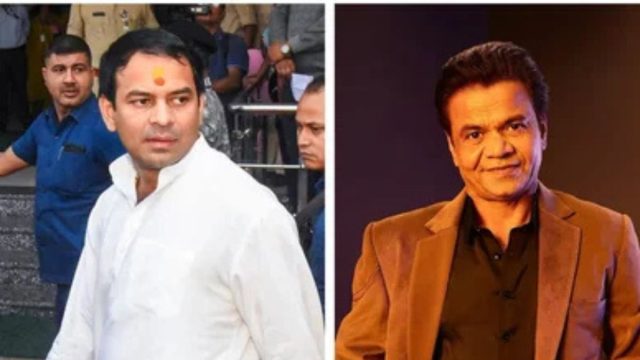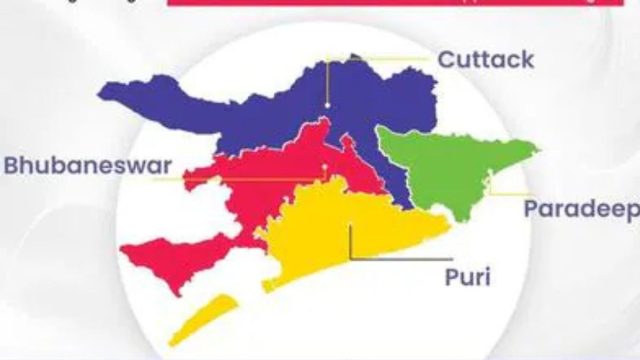The Supreme Court on Monday questioned the rationale behind the central government’s vaccination policy and called it “flawed”. In an important statement, the top court said that the government must buy and distribute vaccines to the states. The court pulled up the centre over the fact that several state governments and even municipal corporations were issuing global tenders for vaccine procurement.
The remarks were made by a bench headed by Justice DY Chandrachud which was hearing a suo motu case on supply of vaccines, oxygen and essential medicines for Covid-19 patients.
In a tough statement, the Supreme Court said that it appears that the Centre wants the states and municipal corporations to compete to get vaccines. The bench advised the government to “smell the coffee” and be flexible in its approach to deal with the pandemic. It also asked for ensuring that vaccines are available at the same price across the country.
Among other things, the court also threw light on the digital divide existing within the country and question the need to get registered on the CoWin app for vaccination. Pointing digital divide, it proposed a question, “How will an illiterate labourer from Jharkhand get registered in Rajasthan? Tell us how you will address this digital divide.” In response Solicitor General Tushar Mehta, representing the central government said that registration is being done to trace the person for getting the second dose. He also said that villages have community centres where people can get themselves registered.
Mehta requested the court to not pass any order which he said could delay the government’s diplomatic and political efforts to procure vaccines. The Solicitor General also claimed that the country’s entire eligible population(those above the age of 18 years) will get vaccinated by the end of the year.
The court adjourned the case by giving the central government two weeks to file an affidavit, highlighting its response to questions raised by the court.




